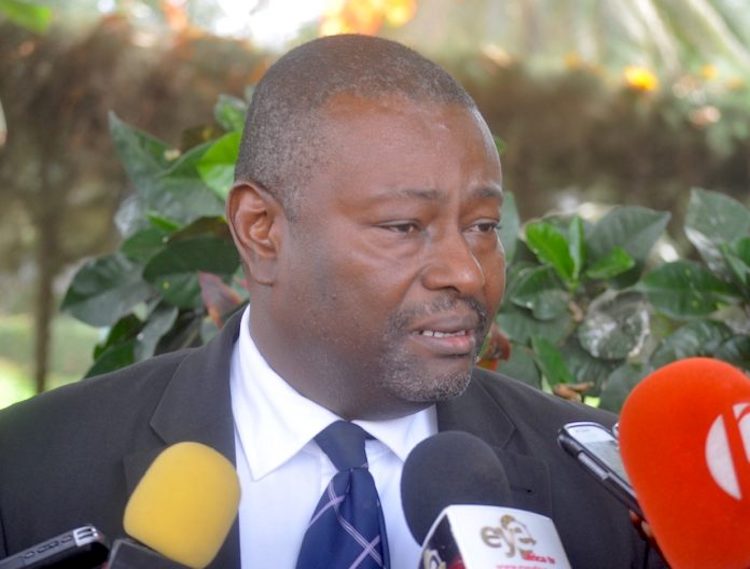Emmanuel Joof, the Chairperson of The Gambia’s National Human Rights Commission (NHRC), has made a plea to some National Assembly Members (NAMs) regarding the private member bill seeking to repeal the Women’s Amendment Act 2015, which criminalized Female Genital Mutilation (FGM).
In his message to the NAMs, Joof expressed concern that some members might be inclined to allow the bill to proceed to the committee stage, where it could either be delayed until it is effectively killed or amended. He cautioned against this approach, citing several reasons:
The Private Member Bill aims to repeal the Women’s Amendment Act 2015, which prohibits the practice of female circumcision (FGM). However, Joof, a prominent feminist, opposes any amendments related to FGM, such as “medicalized” FGM or making it an option.
He believes that referring the bill to the committee could increase tension and strengthen the campaign of those advocating for repeal.
According to the National Human Rights Commission’s Chair, the legal prohibition of FGM/C has been a long-standing campaign by women’s rights organizations, and repealing the law would undermine these efforts. Research by the WHO and UNICEF has highlighted the health impact of FGM/C on women and girls.
In addition, the Gambia is obligated to protect women and girls from harmful practices, and repealing the law would not only hinder community awareness but also jeopardize the health and well-being of children.
Joof urged NAMs to vote against the Private Members Bill and kill it in the 2nd reading on March 18, emphasizing the importance of upholding the rights of women and girls in The Gambia.










